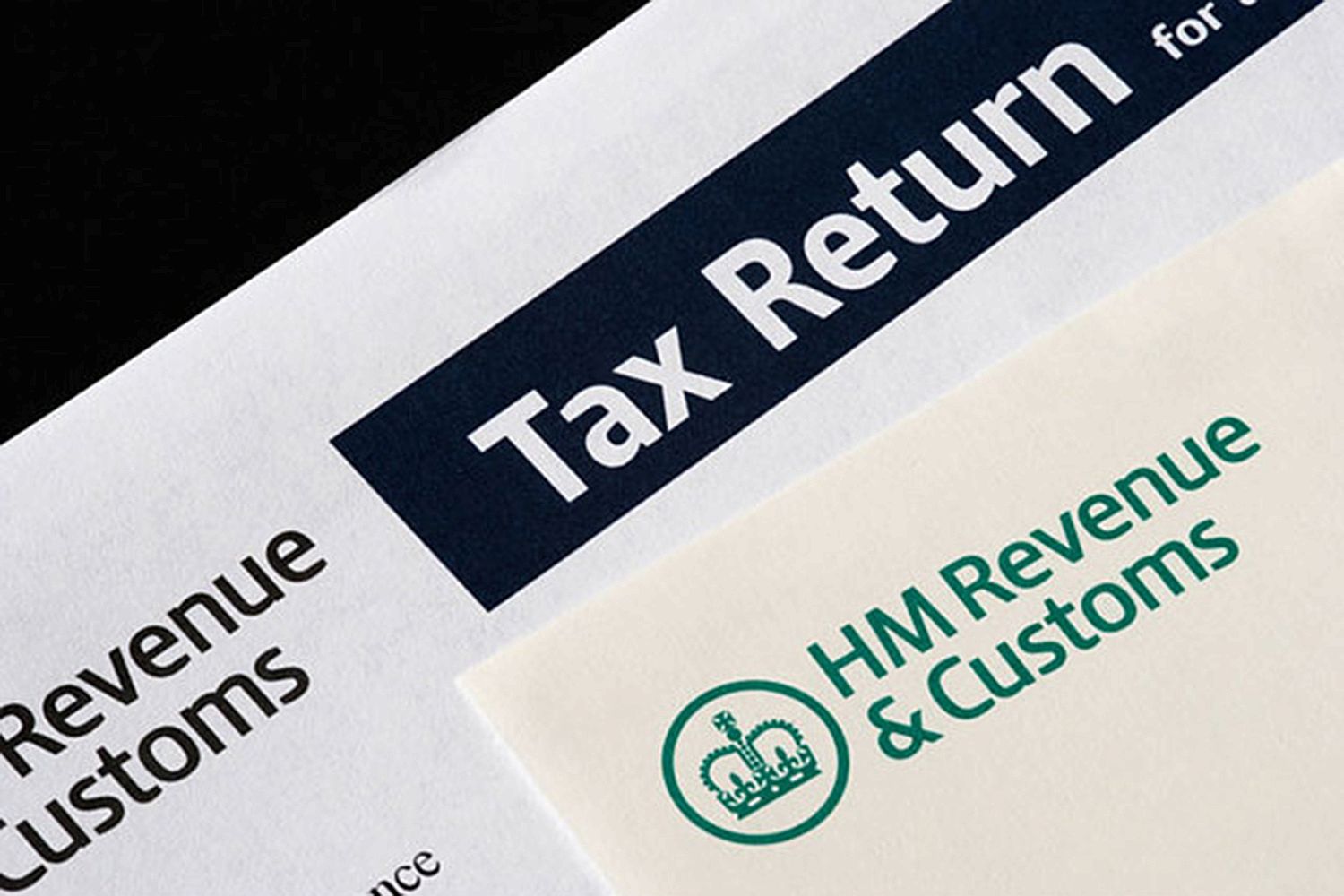Call us on
+44 (0)2034354425
+44 (0)2034354425
Courtney Griffiths
April 25, 2024

Tax compliance can be a complex matter, especially for expats who have financial ties to the UK while living abroad. If you’ve made mistakes on your tax returns or failed to declare your overseas assets to HM Revenue & Customs (HMRC), it’s crucial to take corrective action as soon as possible. HMRC offers specific disclosure facilities tailored to expats to help rectify these errors and ensure compliance with UK tax laws. In this blog post, we’ll guide you through the process of making tax disclosures to HMRC if you’re an expat with overseas assets.
For expats, failure to declare overseas assets or income can lead to serious consequences, including:
Firstly, determine your tax residency status in the UK and your country of residence as an expat. If you’re a UK resident for tax purposes or a non-resident with UK ties, you’re generally liable to pay tax on your worldwide income and assets. Non-residents may have different tax obligations, and double taxation treaties may apply for expats.
Collect all relevant information and documentation relating to your overseas assets and income as an expat, including:
• Bank statements from both UK and overseas banks
• Investment statements
• Property ownership documents
• Rental income details
• Any other relevant financial records
HMRC provides online facilities for expats to disclose overseas assets and income:
• Digital Disclosure Service: This service allows you to disclose undeclared income or assets online. Provide details of the income or assets, the tax years involved, and the amount of tax due.
• Worldwide Disclosure Facility (WDF): If you choose to use the WDF, notify HMRC of your intention to make a disclosure and provide detailed information about your undeclared overseas assets and income as an expat.
HMRC will calculate the tax due on your undeclared overseas assets and income, along with any interest and penalties. Review HMRC’s calculations carefully, considering currency exchange rates and potential double taxation issues, and seek professional advice if necessary.
Once you’ve agreed with HMRC’s calculations, make the payment for the tax due, interest, and penalties within a specified timeframe, taking into account currency exchange rates and any potential double taxation issues.
For expats, navigating tax compliance can be particularly challenging due to the complexities of overseas assets, currency exchange risks, and potential double taxation issues. If you’ve made errors on your tax returns or failed to declare your overseas assets to HMRC as an expat, it’s crucial to take corrective action by making a disclosure as soon as possible.
HMRC offers specific disclosure facilities, such as the Failure to Correct (FTC) regime and the Worldwide Disclosure Facility (WDF), tailored to expats to help rectify these errors and ensure compliance with UK tax laws. Making a voluntary disclosure can result in reduced penalties compared to if HMRC discovers the undeclared assets or income first.
If you’re an expat unsure about your tax obligations or how to make a disclosure correctly, seek professional advice from a qualified accountant or tax advisor familiar with expat tax issues to guide you through the process and ensure compliance with HMRC’s requirements.
Consult Our Expert Tax Consultants for your Cross-Border Taxes!
A tax advisor provides high-level strategic guidance on overall tax planning; a tax consultant offers specific advice on compliance and regulations; and a tax accountant focuses on practical implementation, managing records, and preparing tax returns.
The key distinction lies in the level of involvement and scope of services each professional provides, ranging from strategic planning to detailed compliance and execution.
To file your US tax return from the United Kingdom, you can follow these general steps:
Alternatively, for a streamlined process, consider using Harrison Swift, a reliable company specialising in US tax services. With Harrison Swift, you can easily navigate the complexities of US tax filing from the UK, ensuring accurate and efficient submission of your tax return.
Absolutely! At Harrison Swift, we proudly offer expert international tax advice tailored specifically for individuals in the UK. Our dedicated team is committed to providing comprehensive support to help you navigate the complexities of cross-border taxation with confidence and ease. Count on us for personalised solutions to optimise your financial strategies and ensure compliance with international tax regulations. Your peace of mind is our priority at Harrison Swift.
A UK tax specialist can assist with dual citizenship taxes, helping individuals navigate the complexities of tax obligations in both countries - but only if they are dual qualified. At Harrison Swift, our company specialises in facilitating the process of filing US tax returns, making it easy for individuals with dual citizenship to meet their tax obligations seamlessly and efficiently. Our dedicated team is well-versed in the intricacies of cross-border taxation, ensuring compliance and optimising financial outcomes for our clients.
Maximizing Returns: Tips for Dual Citizenship During Tax Season Muhammad Zeeshan July 3, 2024 Tax Are you one of...
The Importance of US Disclosure for Expats Muhammad Zeeshan June 30, 2024 Tax Living abroad as an American expat...
What is Expatriate Tax Understanding the Differences for UK and Non-UK Citizens Muhammad Zeeshan July 3, 2024 Tax Expatriate...